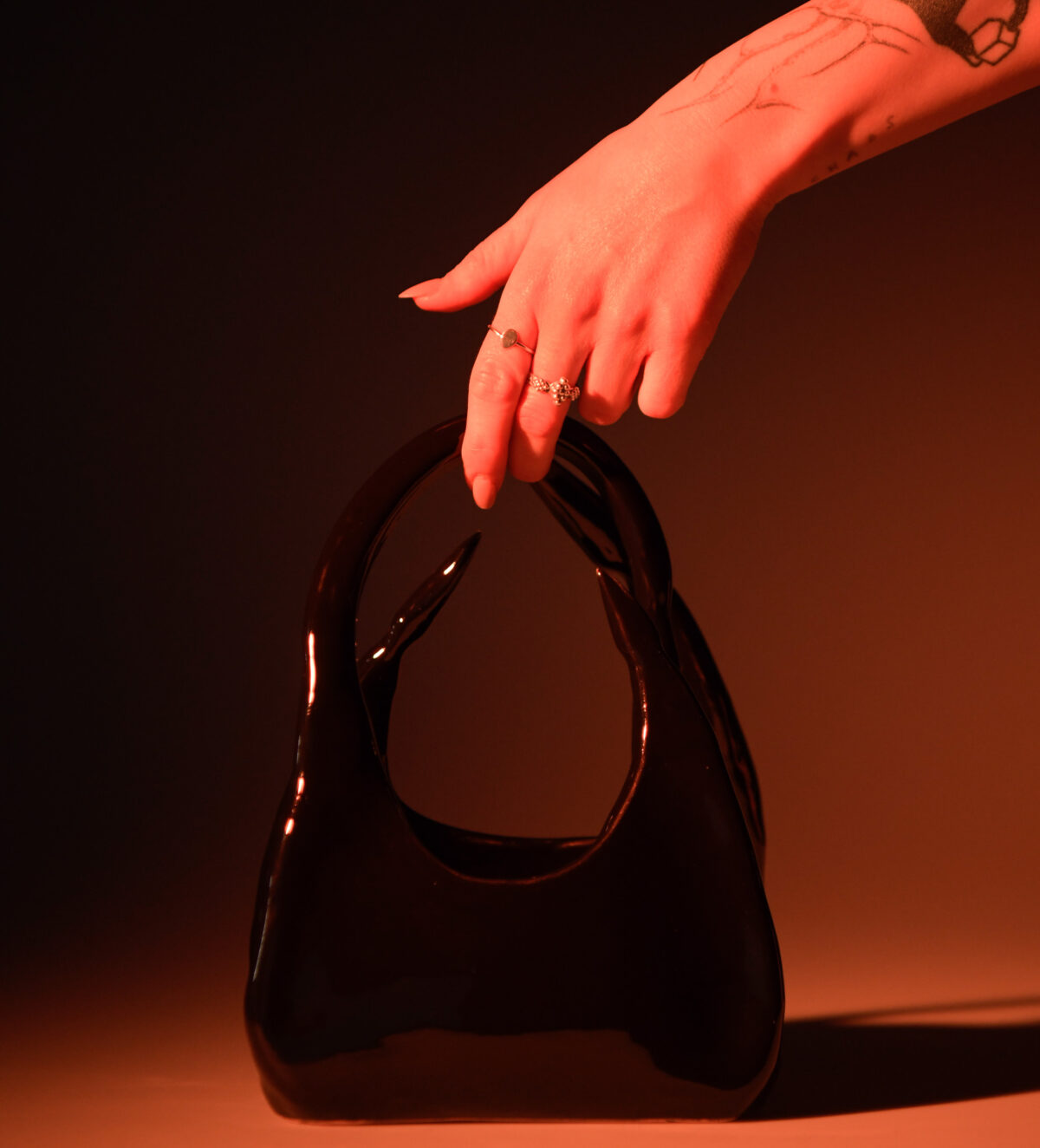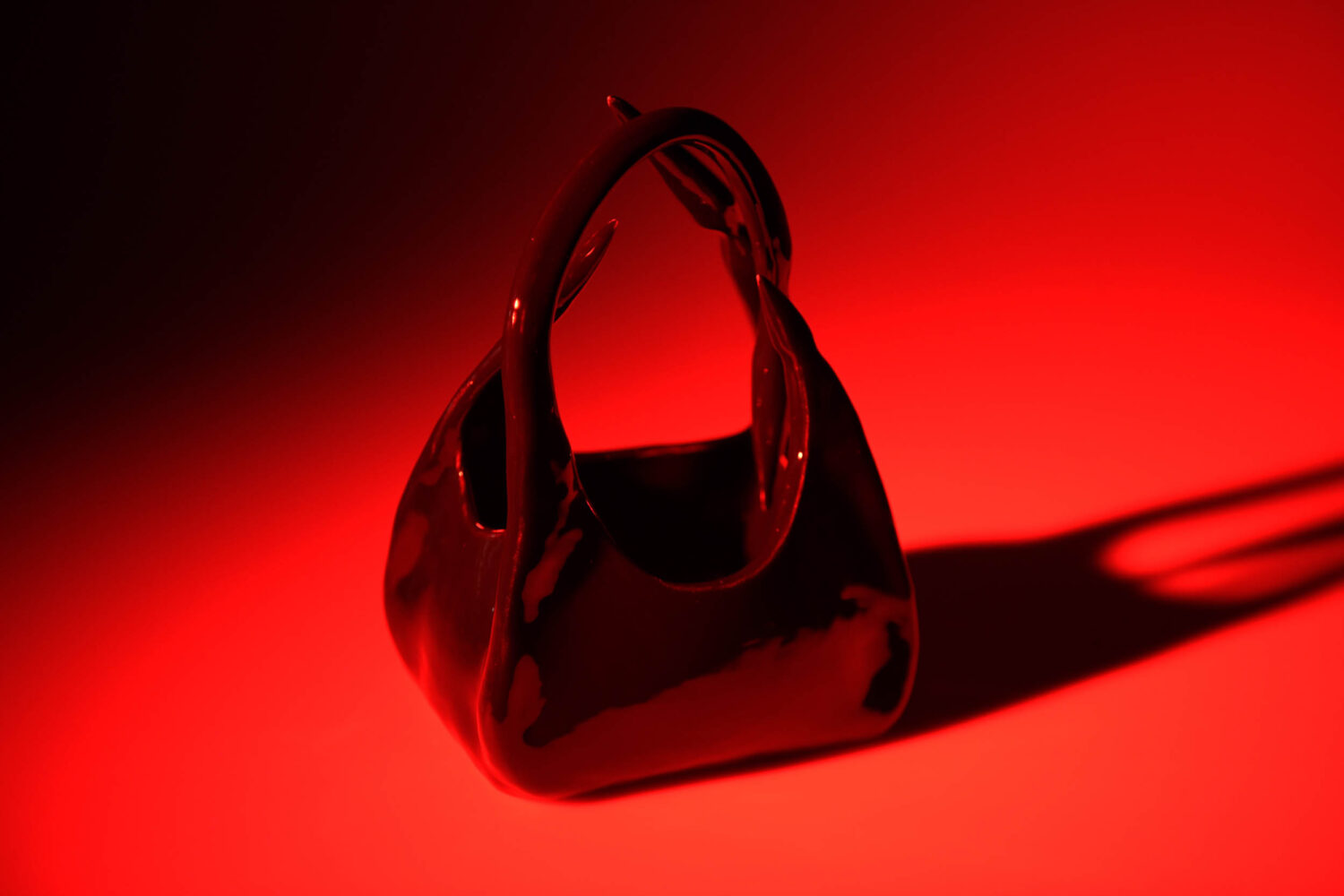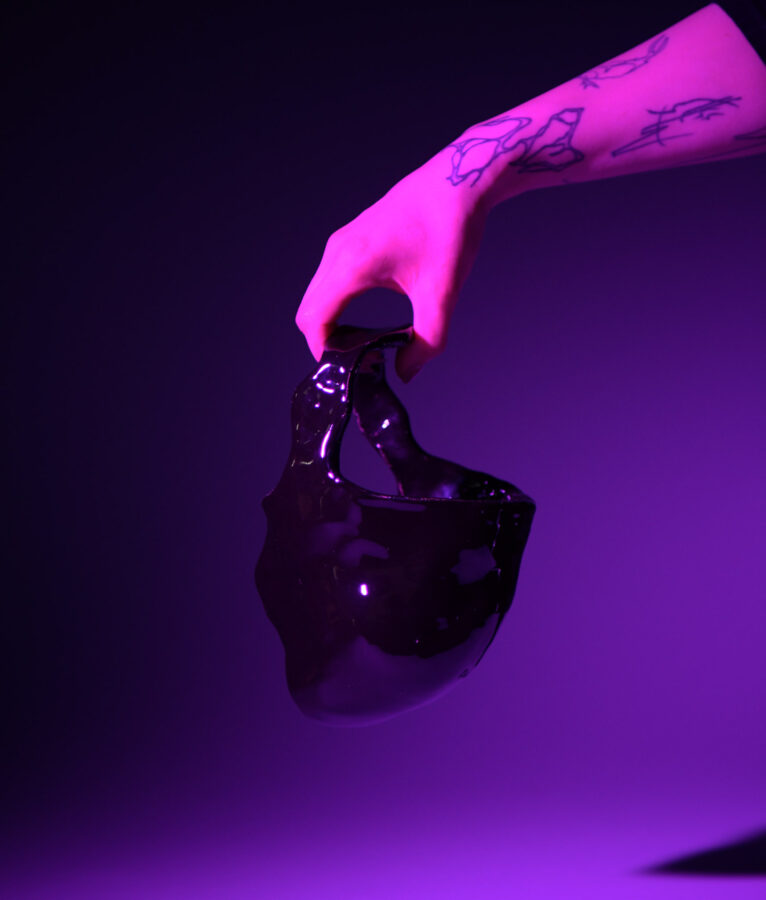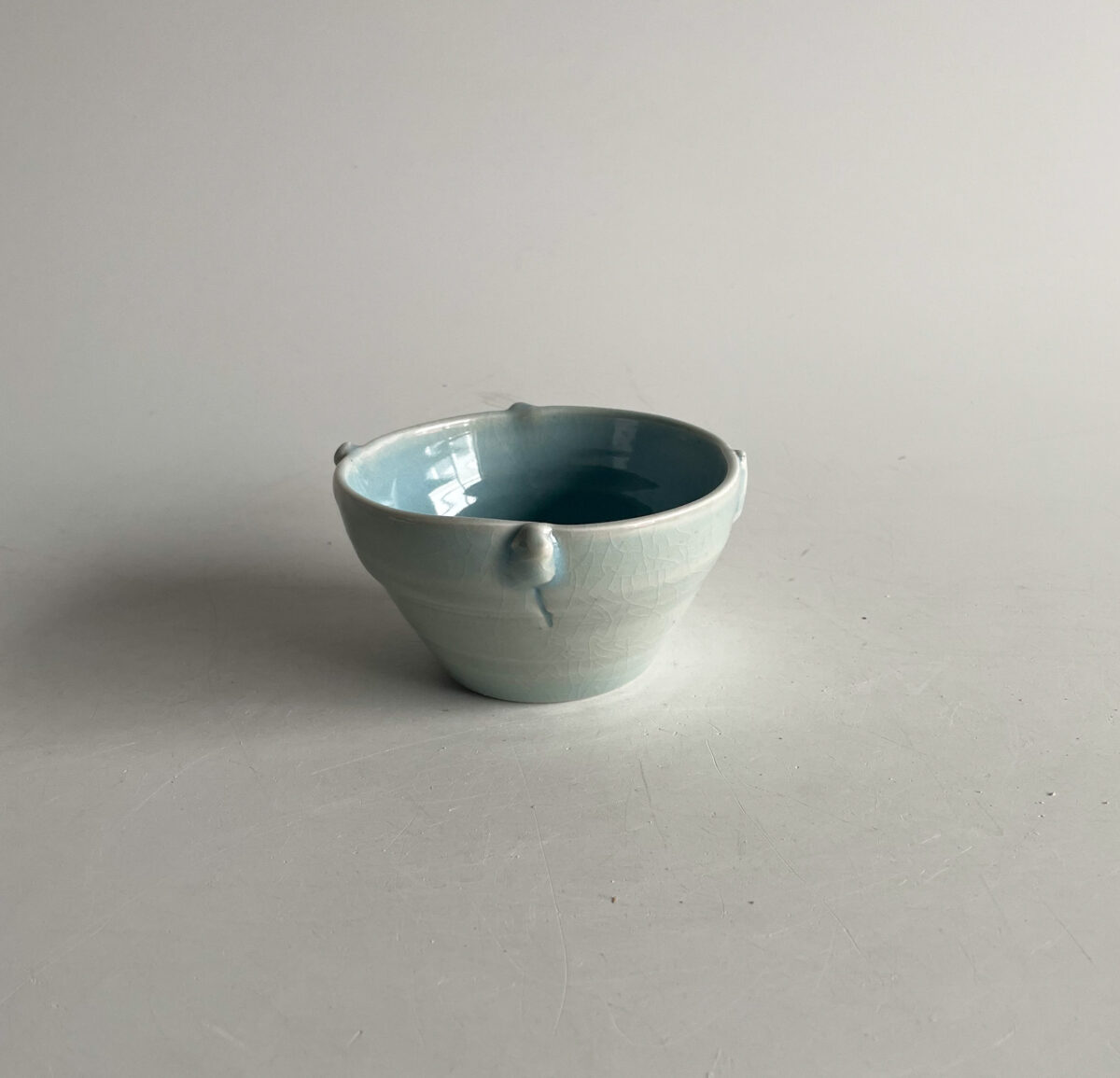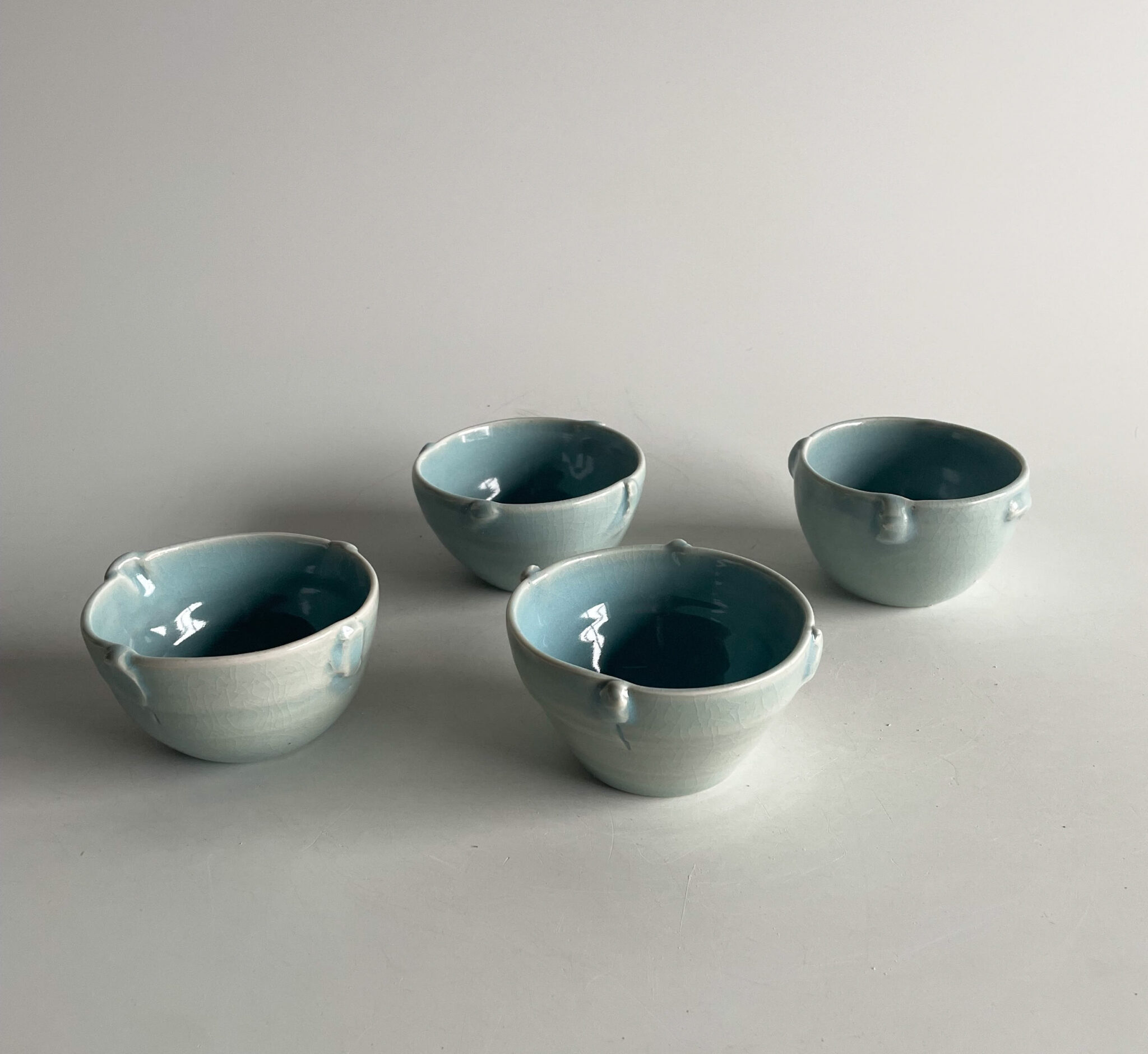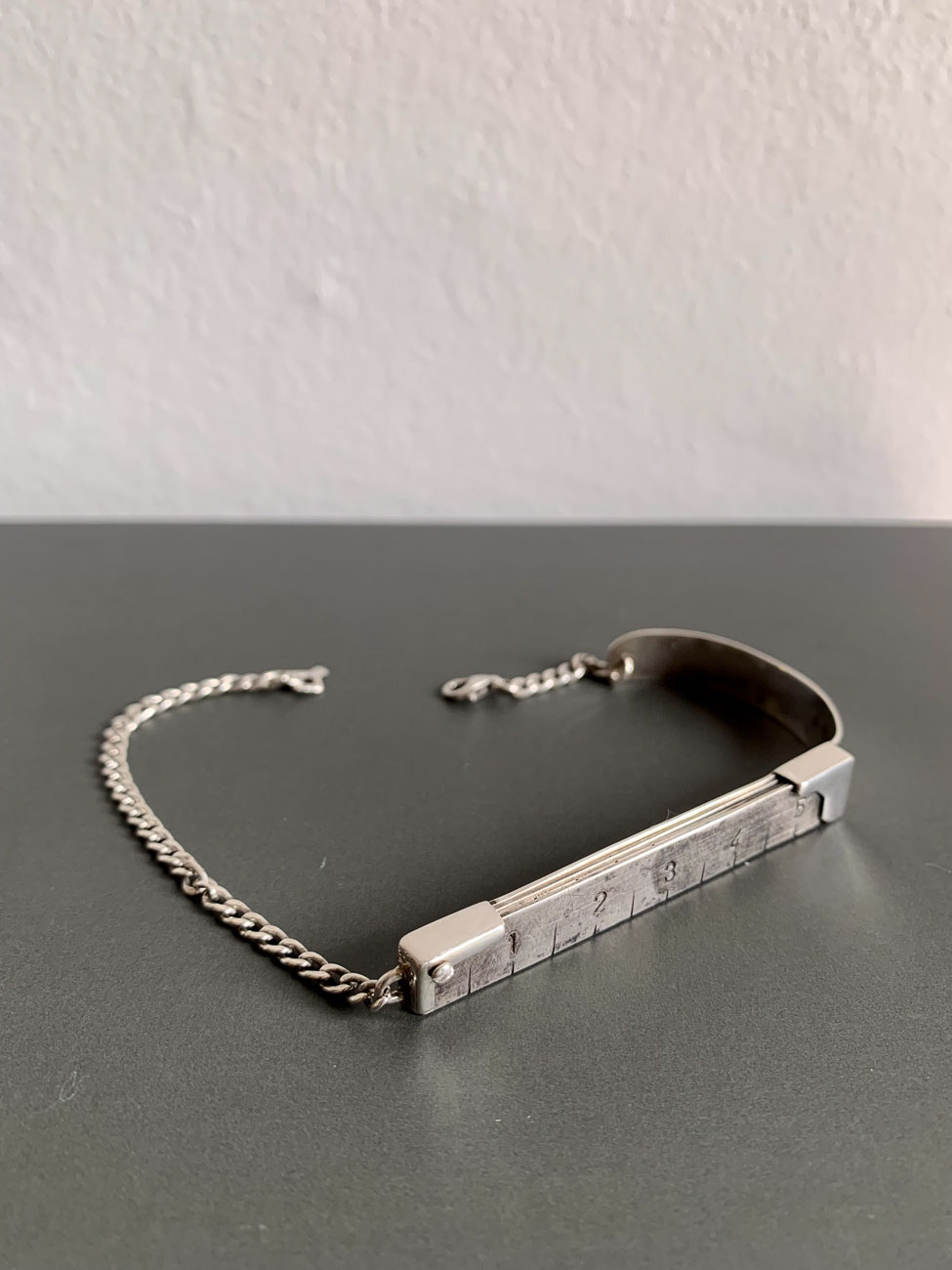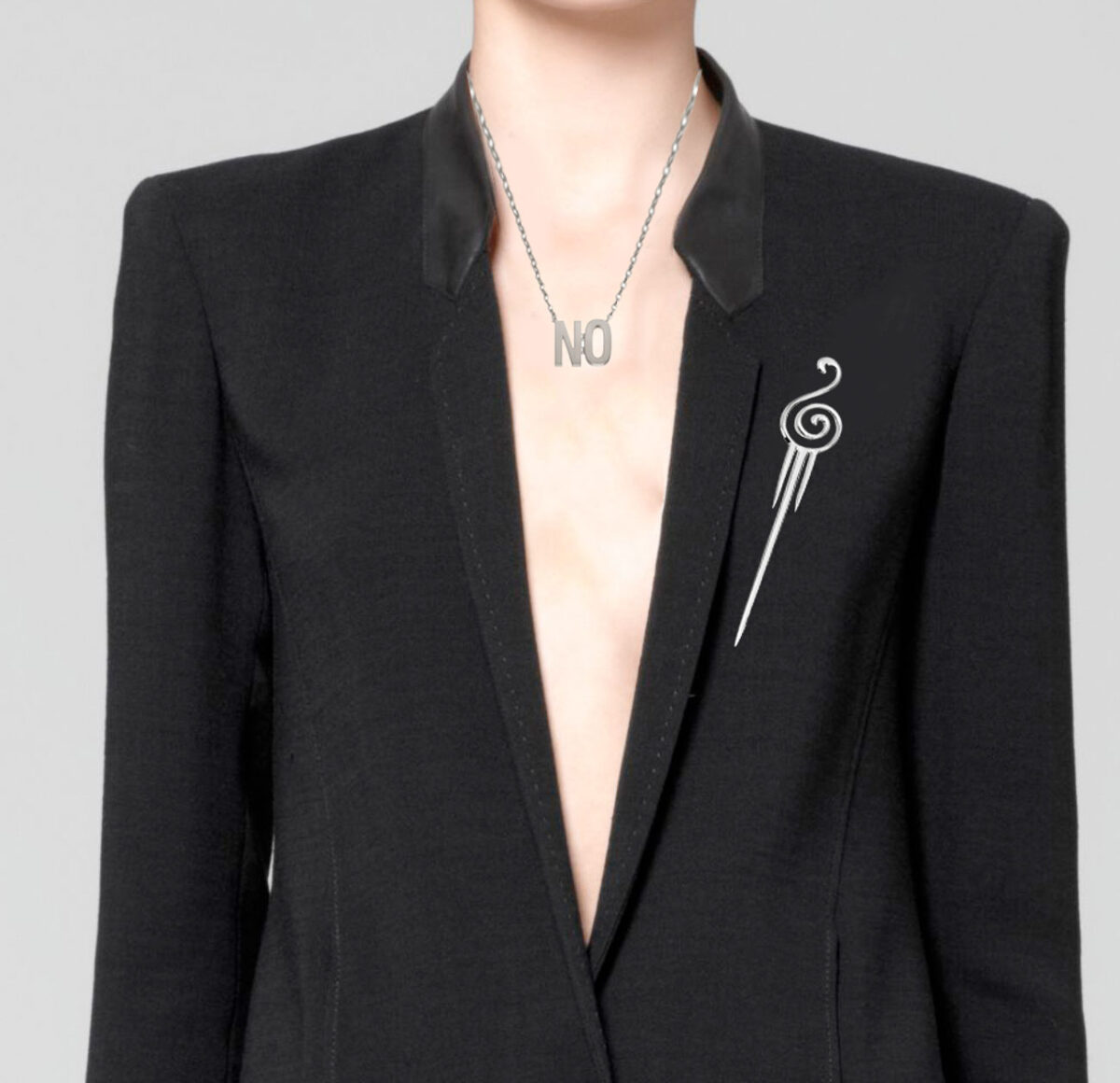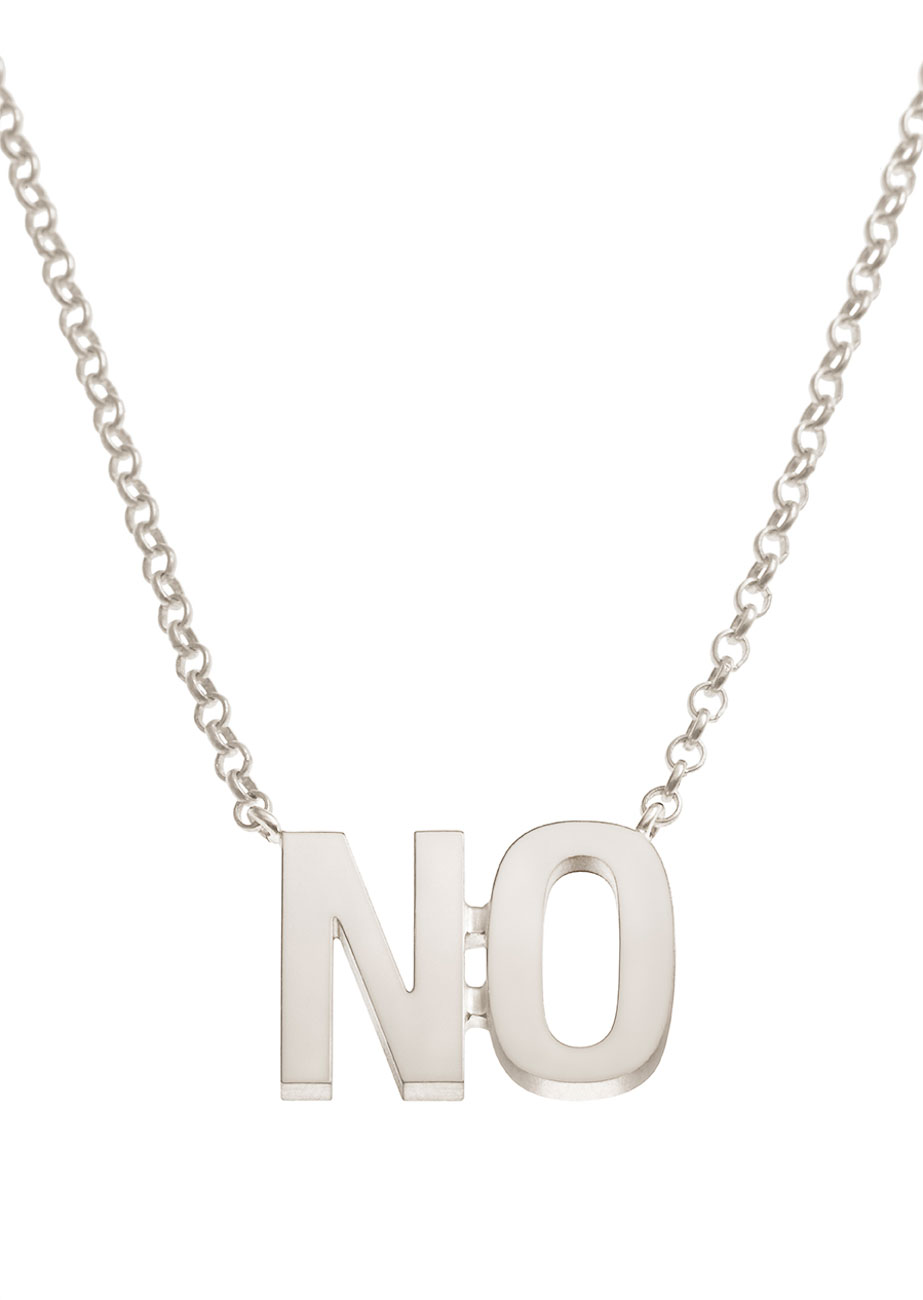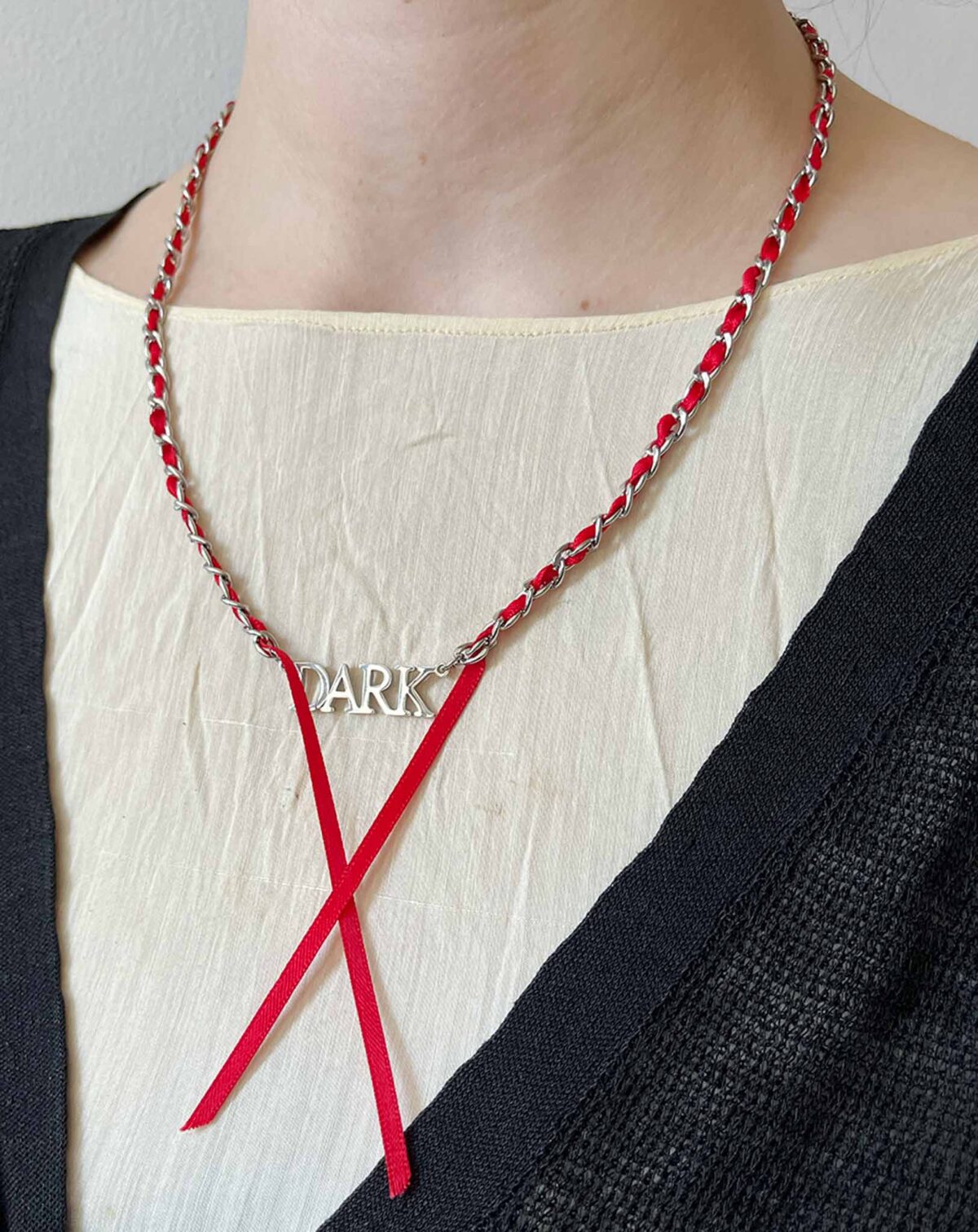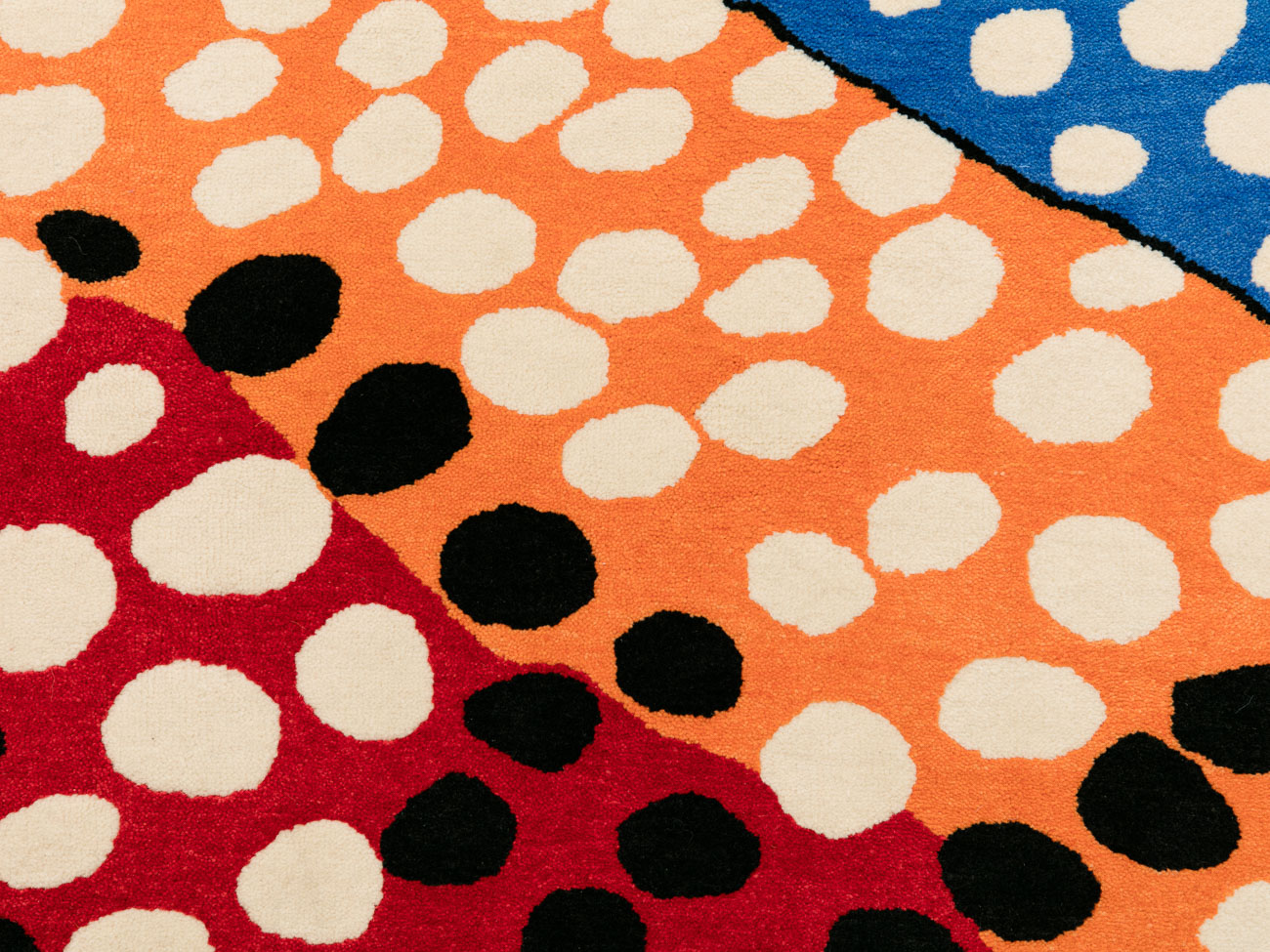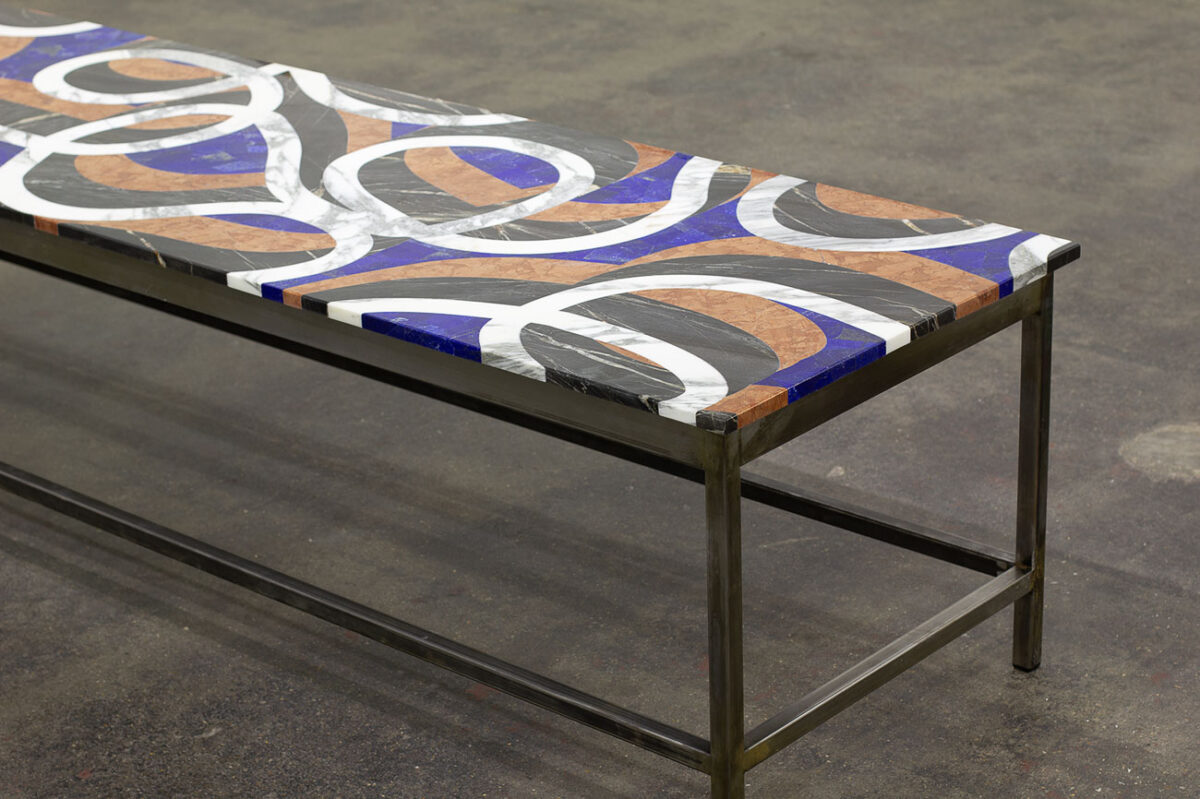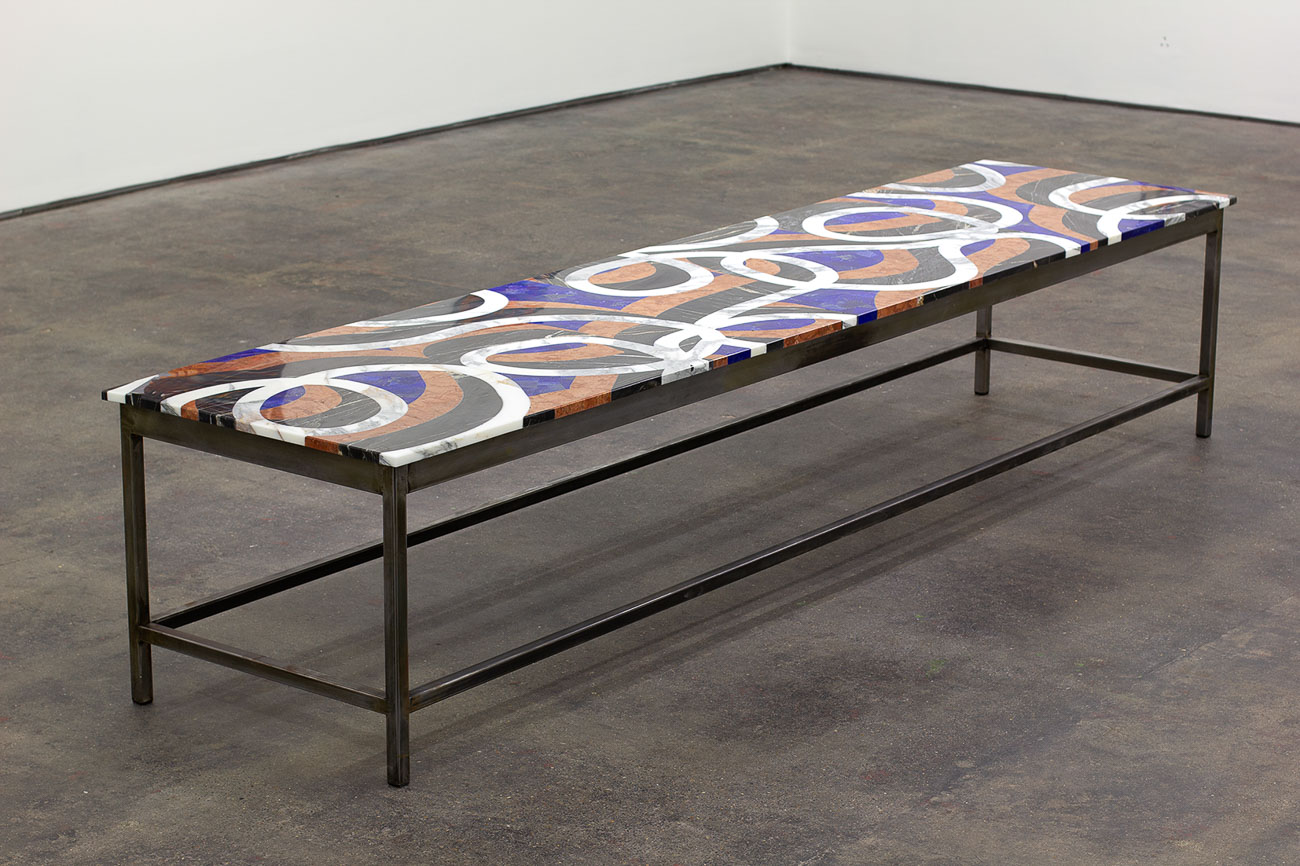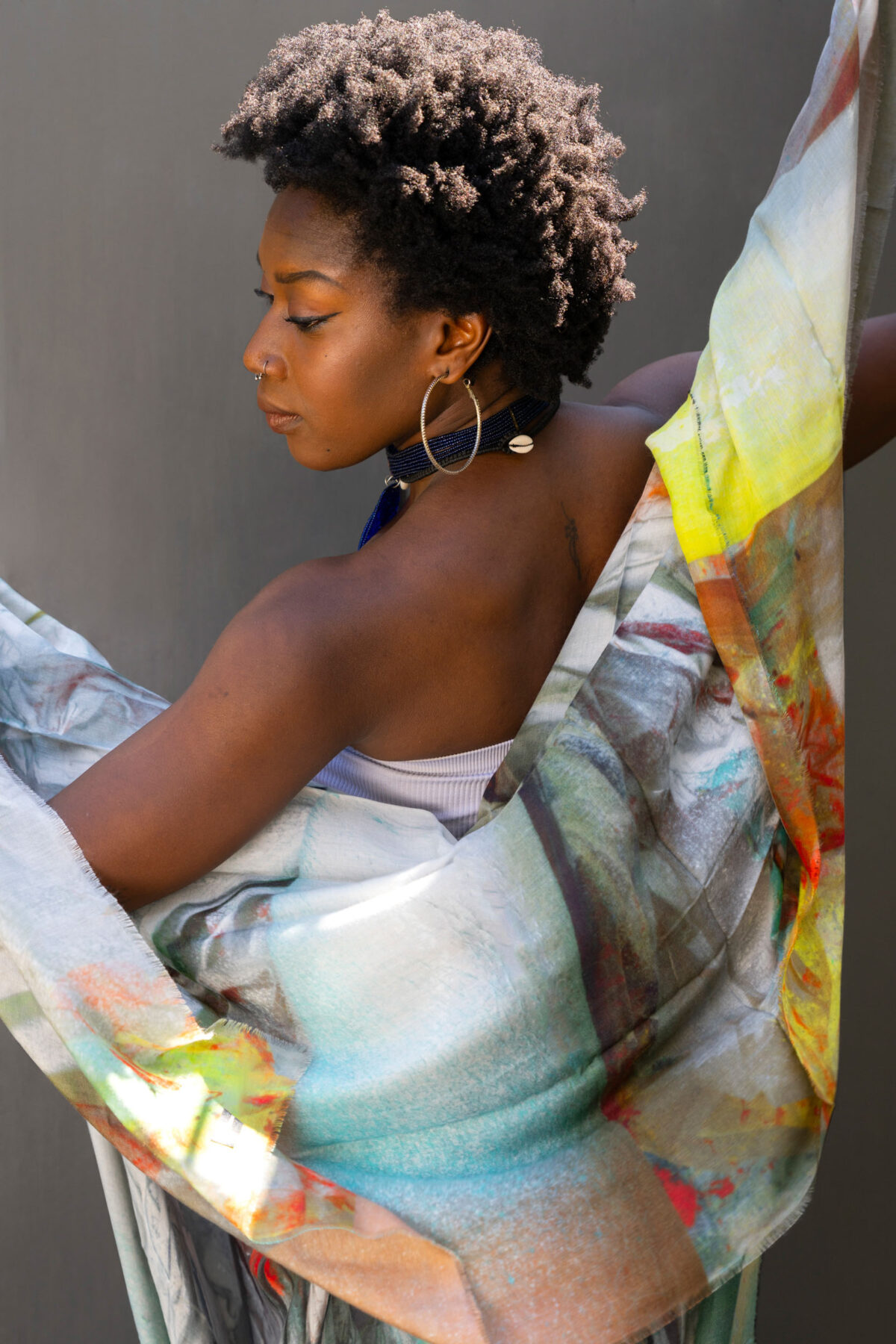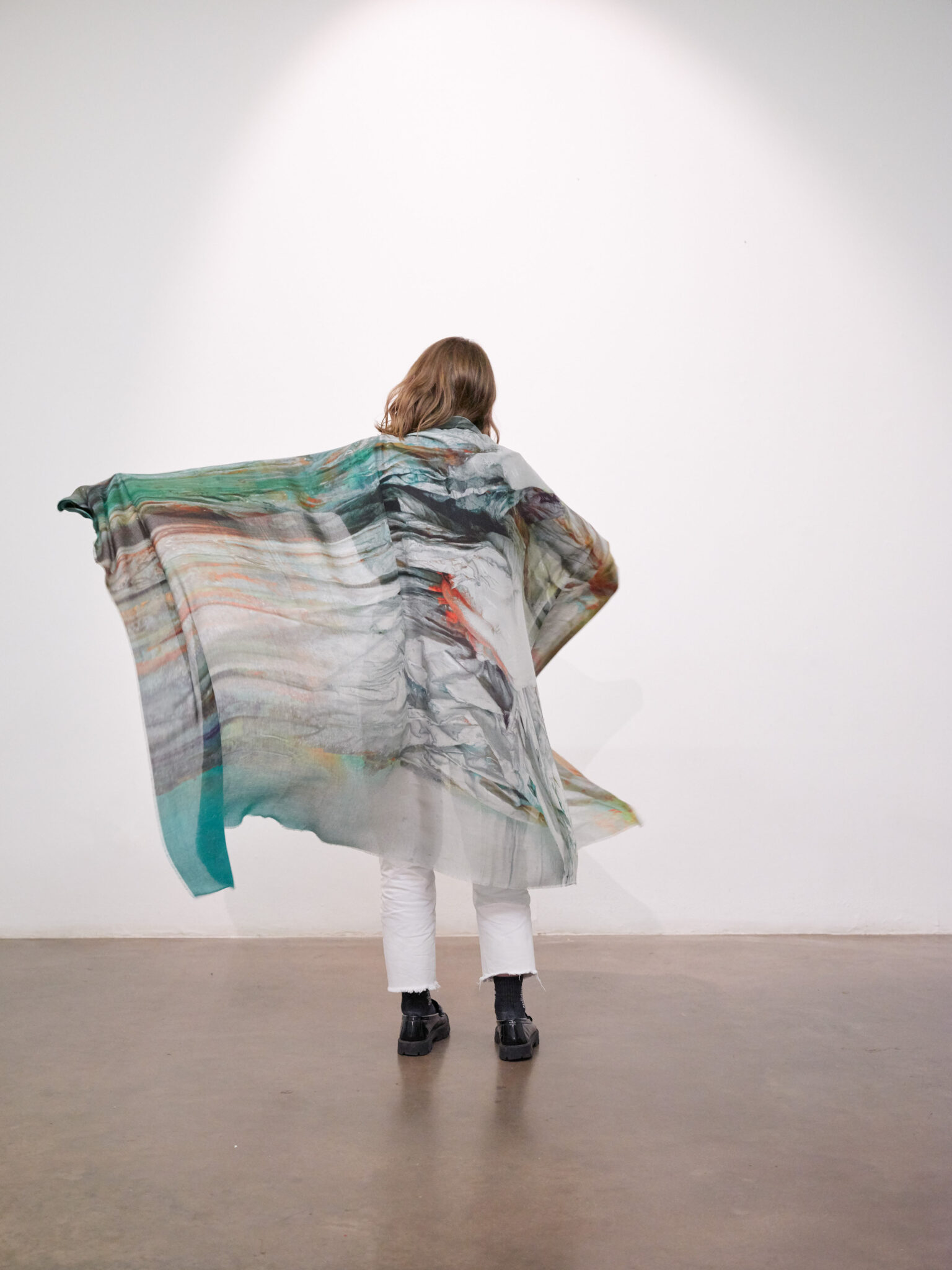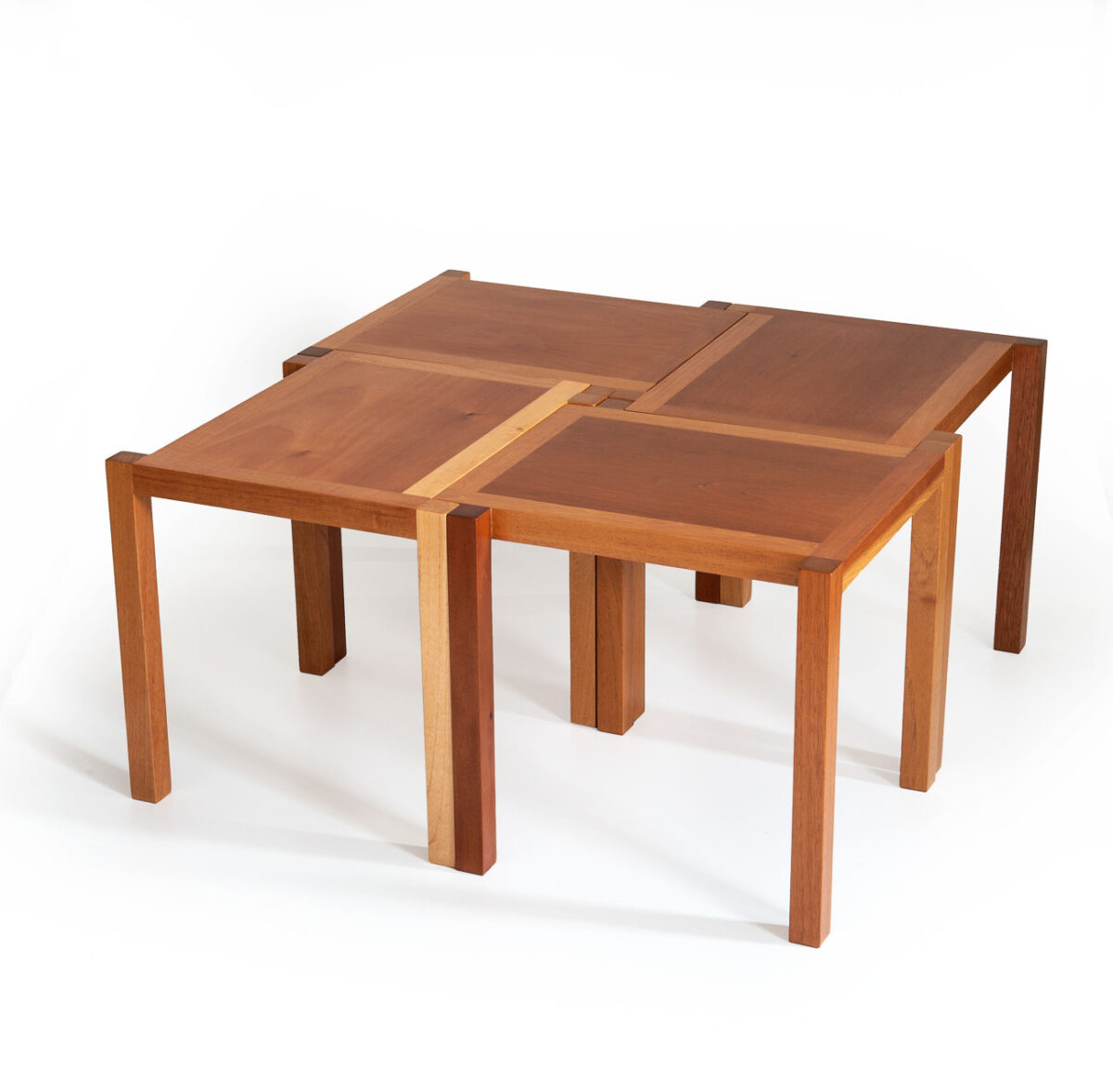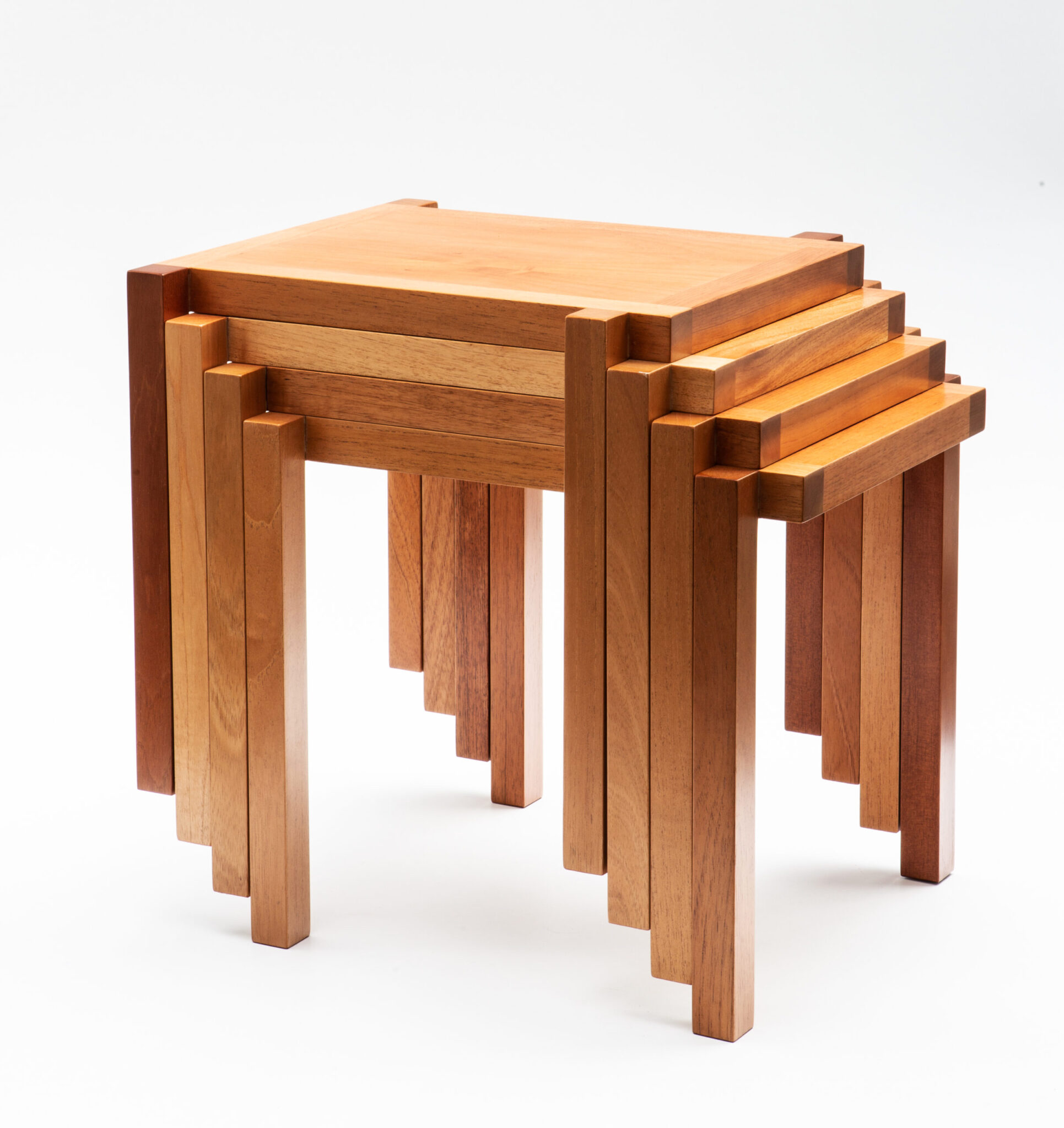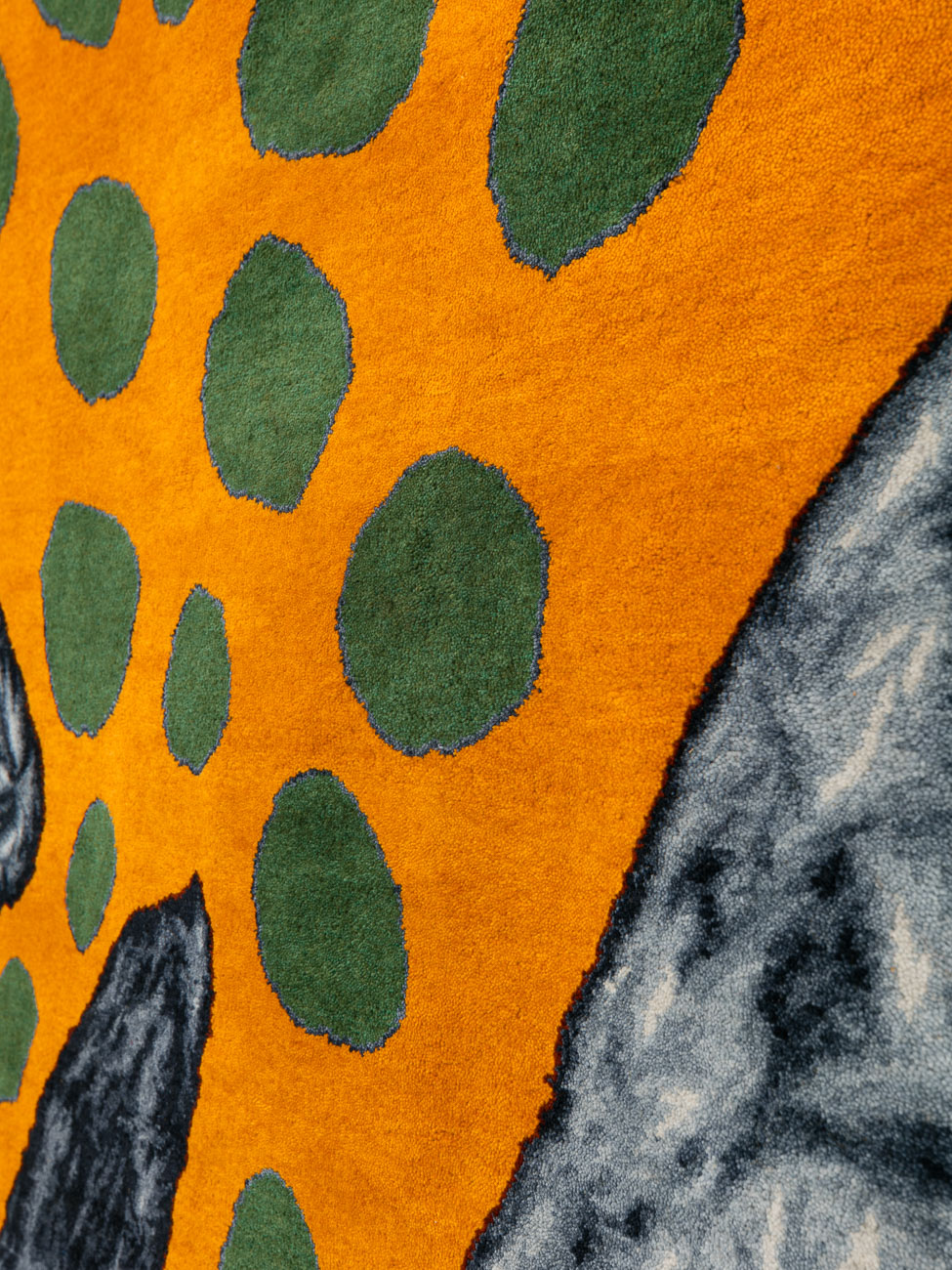Anita Muçolli x Dimitra Charamandas
Anita Muçolli and Dimitra Charamandas first met in the fall of 2020 as they began their MFA program at the Institute Art Gender Nature at the Academy of Art and Design in Basel, directed by Chus Martínez. They became fast friends and began sharing time in the studio, experimenting with ceramic for the first time together, and bonding over their similar family backgrounds (they were both born in Switzerland to immigrant parents– Muçolli’s family is from Kosovo, while part of Charamandas’ family is Greek.)
THE BAGS
Ceramic is a volatile medium; Muçolli and Charamandas forged their friendship and collaboration in sharing the joys and heartbreaks of learning to manage its demands and possibilities. Shortly before graduating they were each offered their first solo institutional exhibitions, in two different Swiss museums, and their aligned schedules meant they could keep sharing a studio after their degree. As they worked on their respective preparations throughout the spring and summer of 2023, they continued their experimentation with ceramic and came up with the idea for the bags as a way to reward themselves for their hard work. By chance, Art Basel was coming up, and they liked the idea of showing up with a very special accessory amidst the chaos of the week. It was an eradication of the limitations of a material they had both grown to love.
The Anita Muçolli x Dimitra Charamandas bags are unique, each of them created either by Muçolli or Charamandas in their respective styles and aesthetics. The artists are always primarily interested in the haptic relationships their objects enable, and they enjoy each other’s different formal outcomes, testing the limits of the material with varying shapes and glazes. They share a similar approach to managing the unpredictability of the medium, and plan to develop a line of jointly-designed bags in the future.
MORE ABOUT THE ARTISTS
For Muçolli (1993, Burgdorf), the focal point of her practice is the correlation between the emergence of dystopia as a counter-movement to advancing technologies and the depictions and discussions of the world ending throughout history. Working predominantly in sculpture and installation, she examines human decay through the intersection of precision, biotechnology, hygiene, and the intricate dynamics between humans and nature. Interested in the shifting consciousness around the subject of death, Muçolli emphasizes it as a ritual of remembrance necessary for establishing a sense of collectivity for the living.
Muçolli was awarded the Helvetia Art Prize 2021 and is amongst the laureates of the Kiefer │ Hablitzel Göhner Art Prize 2022. She has exhibited in various group shows including at Kunsthaus Baselland, Kunsthaus Langenthal, Kunsthalle Palazzo, Liestal, Museo Villa dei Cedri, Bellinzona, The National Gallery of Kosovo, Pristina, and Westfälischer Kunstverein, Münster. She has had solo shows at Sattelkammer, Bern, Kulturfolger, Zurich, and the Centre d’Art Contemporain Yverdon.
Charamandas (1988, Solothurn) works across painting, video, text, sculpture and food, foregrounding the sensory and the tactile. Interested in the hidden forces at work below visible surfaces, she uses different visual languages to convey the tension between vulnerability and force, care versus abuse. Probing the interactions of body, mind, and psyche under the influence of particular socio-political and ecological realities, her paintings and sculptures often feature transformative and liminal topographies such as volcanic areas and coastlines, where an interior is made exterior and where the exterior flows inward. Her observation of slow, minute changes on geological scales communicates an ecofeminist perspective that challenges value systems of speed and efficiency in the name of productivity.
Charamandas has participated in group shows at Kunsthaus Baselland, Kunsthalle Luzern, Kunstmuseum Solothurn and Kunstmuseum Olten. Recent solo presentations include Tides, Kunstmuseum Solothurn (2023), Little inlets, Helvetia Art Foyer Basel (2023) and Body of Water, Body of Stone, Gypsum Gallery, Cairo (2022). She has organized collaborative food gatherings in Frankfurt, Chicago, Athens, Lucerne and Basel and is co-founder and part of the artist collectives Espacio Pacha with Irene Trujillo Villegas and Quince Collective with Johanna Schaible. Her work is held in institutional and private collections.



